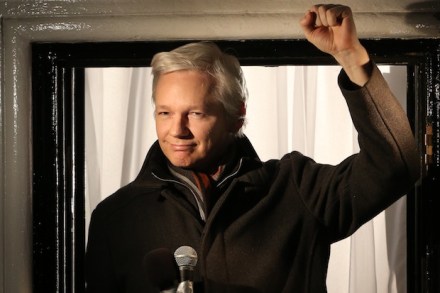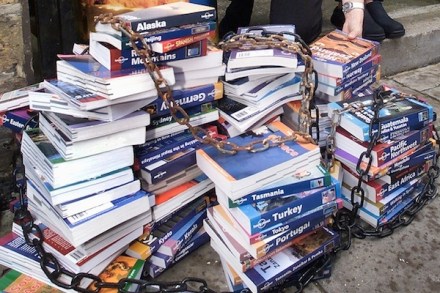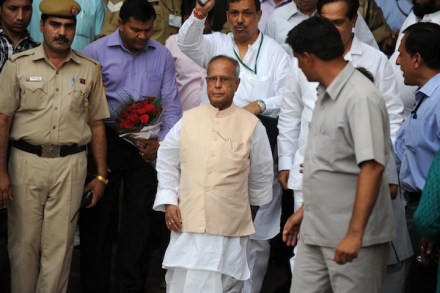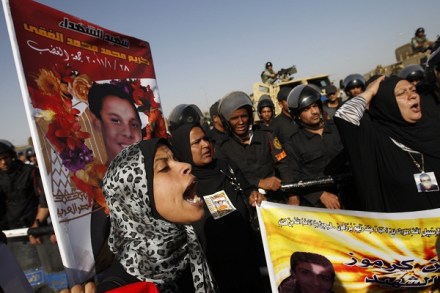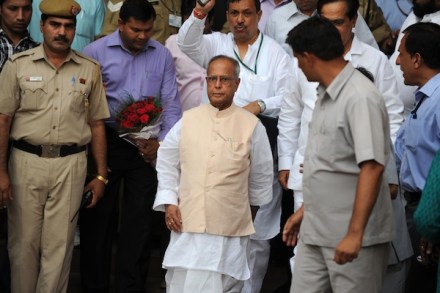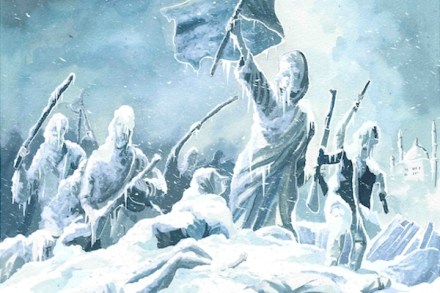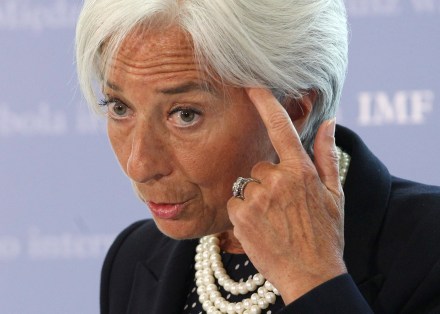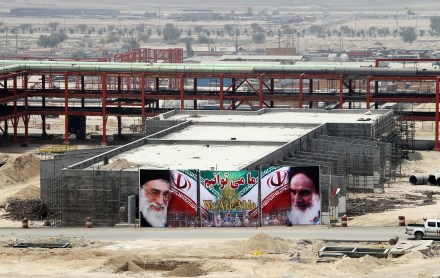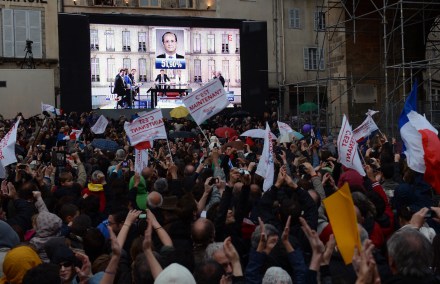Yes, Pussy Riot were – and are – right – Spectator Blogs
One of the happiest things about writing for the Spectator is that there is no editorial line. Indeed the editor is always pleased by an intra-mural rammy. So there’s this: Dennis Sewell’s argument that Pussy Riot, the only all-girl Russian punk band you’re likely to have heard of, have been asking for trouble and deserve some of the trouble they’re receiving is the lamest sort of counter-intuitive, concern-trolling journalism. It helps pay the bills, mind you, so there’s that too. Having typed the obligatory “Of course Putin is ghastly” paragraph (or, as Sewell puts it, the Russian president is “a nasty, unscrupulous weasel” which, perhaps unwittingly, makes Putin seem a



